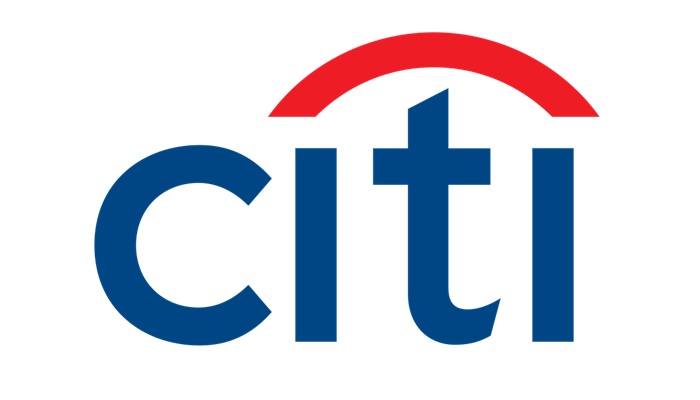Given potential upcoming interest rate hikes, homeowners in Singapore looking to take advantage of lower interest rates should consider refinancing their home loans. Home loan refinancing, also known as mortgage refinancing, involves replacing your existing home loan with a new loan from another bank. By refinancing your home loan, you can potentially reduce your monthly mortgage commitments and repay your debt in a shorter period.
Keep reading to find out if home refinancing is suitable for you.
When should you refinance your home loan?
While mortgage refinancing can be beneficial, it may not suit everyone. You’ll first need to evaluate your eligibility for a home loan refinance:
Lock-in period: Most home loans come with lock-in periods of 2 to 3 years. If you wish to refinance your existing home loan that is still within the lock-in period, you may have to pay a penalty fee.
Interest review dates: If your existing home loan package is linked to SIBOR or SORA, which are usually reset monthly or quarterly, you cannot redeem the loan until the interest review is completed. Hence, you must find out when the interest review is happening and when you can refinance your home loan. Otherwise, a penalty fee may apply.
Once you’ve ironed out the above considerations and confirmed your eligibility for home loan refinancing, it’s time to consider your reasons for refinancing. Here are some common reasons to refinance your home loan in Singapore:
Taking advantage of lower interest rates: If market interest rates are experiencing a decline or you are anticipating an interest rate hike, refinancing your home loan can help you take advantage of lower interest rates. With lowered interest rates, you can reduce the total interest payments on your outstanding loan amount and potentially decrease your monthly mortgage instalments.
Shortening your loan term: While switching over to a home loan with a shorter term may result in increased monthly mortgage payments, you can potentially benefit from lower interest rates and significant interest savings over time.
Releasing equity from your home: If your home has appreciated in value and you wish to free up equity, you may consider cash-out refinancing. Cash-out refinancing allows you to use your property as collateral to take out a bigger loan than your previous mortgage, with the difference being paid to you in cash. Do note that only private property is eligible for cash-out refinancing in Singapore.
How to Choose the Best Home Loan for Refinancing
Here are some essential factors to consider when looking for a home loan for refinancing:
Type of Interest rate packages: Banks typically offer fixed-rate, floating-rate, and hybrid packages. Fixed-rate packages guarantee a specific interest rate for a certain number of years, while floating-rate packages are pegged to benchmark rates like SIBOR and SORA. Hybrid packages offer a mix of fixed and floating rates.
Lock-in period: If you are not planning to stay at your current property for long, it’ll be crucial to consider the lock-in period of your new loan and ensure that it aligns with your plans.
Fees and subsidies: As mentioned earlier, you may have to reimburse your existing lender with fee subsidies offered to you previously. You may want to check if your new lender offers subsidies and rebates to offset such fees.
Conclusion
Before deciding to refinance your home loan, it is essential to consider your eligibility and reasons. You may also want to compare various home loan refinancing options to ensure you decide on an option aligned with your financial situation and needs.
Disclaimer
The content reflects the view of the article’s author and does not necessarily reflect the views of Citi or its employees. Please read the products and offers on the Citi Singapore website for accuracy or completeness of the information presented in the article.
Contact Information
Sonakshi Murze
Manager
sonakshi.murze@iquanti.com
